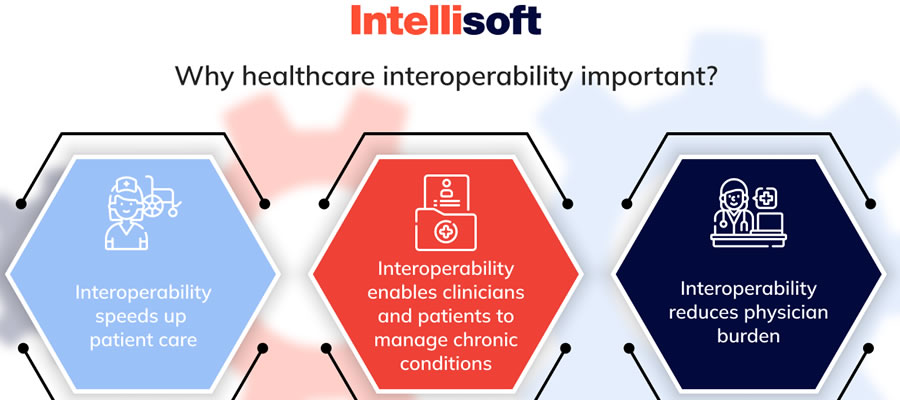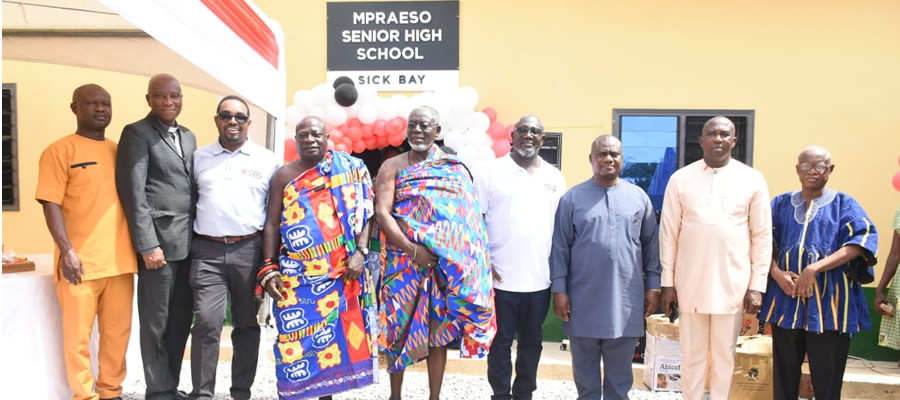

HEALTH
Ministry of Health assures nationwide health data interoperability

Date Created : 11/15/2024 : Story Author : Isaac Arkoh/Ghanadistricts.com
The Ministry is also committed to championing fair and inclusive solutions that bridge existing disparities, necessitating a collective investment in ICT infrastructure and comprehensive training initiatives for healthcare workers within a culture of continuous learning.
Mr. Simpson Addo, the Head of Research, Statistics, and Innovation at the Ministry, said whilst initiatives like the Ghana Health Information Exchange sought to integrate systems for real-time data sharing, thereby reducing redundancy and addressing data integrity issues, the main obstacle laid in the limited interoperability caused by differing systems and data standards, which hindered efficient communication among healthcare providers.
He said the challenge of digital interoperability was particularly pronounced in rural and underserved areas where access to advanced health information management tools was lacking, compared to urban centres that benefited from cutting-edge technologies.
Mr. Addo gave the assurance at the 9th Annual General Meeting of the Ghana Health Information Management Association at the University of Cape Coast.
The three-day event, themed: “Health Information Management Practices in the Era of Digitalisation: The Challenges, the Prospects, and the Way Forward,” featured informative sessions and training segments aimed at encouraging Association members to reflect on past events and collaborate towards effective health information management.
Health information plays a pivotal role in evidence-based decision-making by enabling systems to collect, compile, analyse and disseminate health data for patient care, policy guidance, population health management, and healthcare cost reduction.
Enhancing interoperability is deemed essential for facilitating seamless information exchange among diverse health systems, improving patient care, operational efficiency and establishing a resilient healthcare system.
Mr. Addo traced Ghana’s health information management system evolution from a fragmented paper-based system to the utilisation of Excel templates for district, regional, and national reporting.
Through technology and digitalisation, electronic medical records systems had been implemented in various health facilities through the Lightwave Health Information Management System (LHIMS), enhancing efficiency and effectiveness in healthcare delivery.
While acknowledging these advancements, Mr. Addo also recognised the challenges associated with digitalisation, such as digital infrastructure gaps,data privacy concerns, cyber security threats and the need for ongoing training to keep pace with rapid technological changes.
“With advancements in artificial intelligence, big data analytics, and predictive modelling, stakeholders are encouraged to leverage vast amounts of data to uncover trends and investments that improve patient outcomes and inform well-informed public health decisions” he said.
He pointed out the emergence of telehealth and remote patient monitoring as ushering in a new era in healthcare provision, particularly in remote and underserved regions.
Throughout these technological transformations, the pivotal role of health information managers in facilitating these shifts and ensuring adaptable healthcare systems was underscored, he said.
Mr. Richard Delali Aheder, the President of the Association, highlighted some formidable challenges facing the implementation of quality health information management practices and regulations, as outlined in the WHO's five data principles governing health information management practices globally.
These challenges encompass the governance framework for health information management, the necessity of professionalism and competence, the mandate of Allied Health, the allocation of resources, and other pertinent aspects.
He urged all members to steadfastly uphold and bolster the Association in its endeavours to ensure quality healthcare services for all.










 facebook
facebook
 twitter
twitter
 Youtube
Youtube
 +233 593 831 280
+233 593 831 280 0800 430 430
0800 430 430 GPS: GE-231-4383
GPS: GE-231-4383 info@ghanadistricts.com
info@ghanadistricts.com Box GP1044, Accra, Ghana
Box GP1044, Accra, Ghana